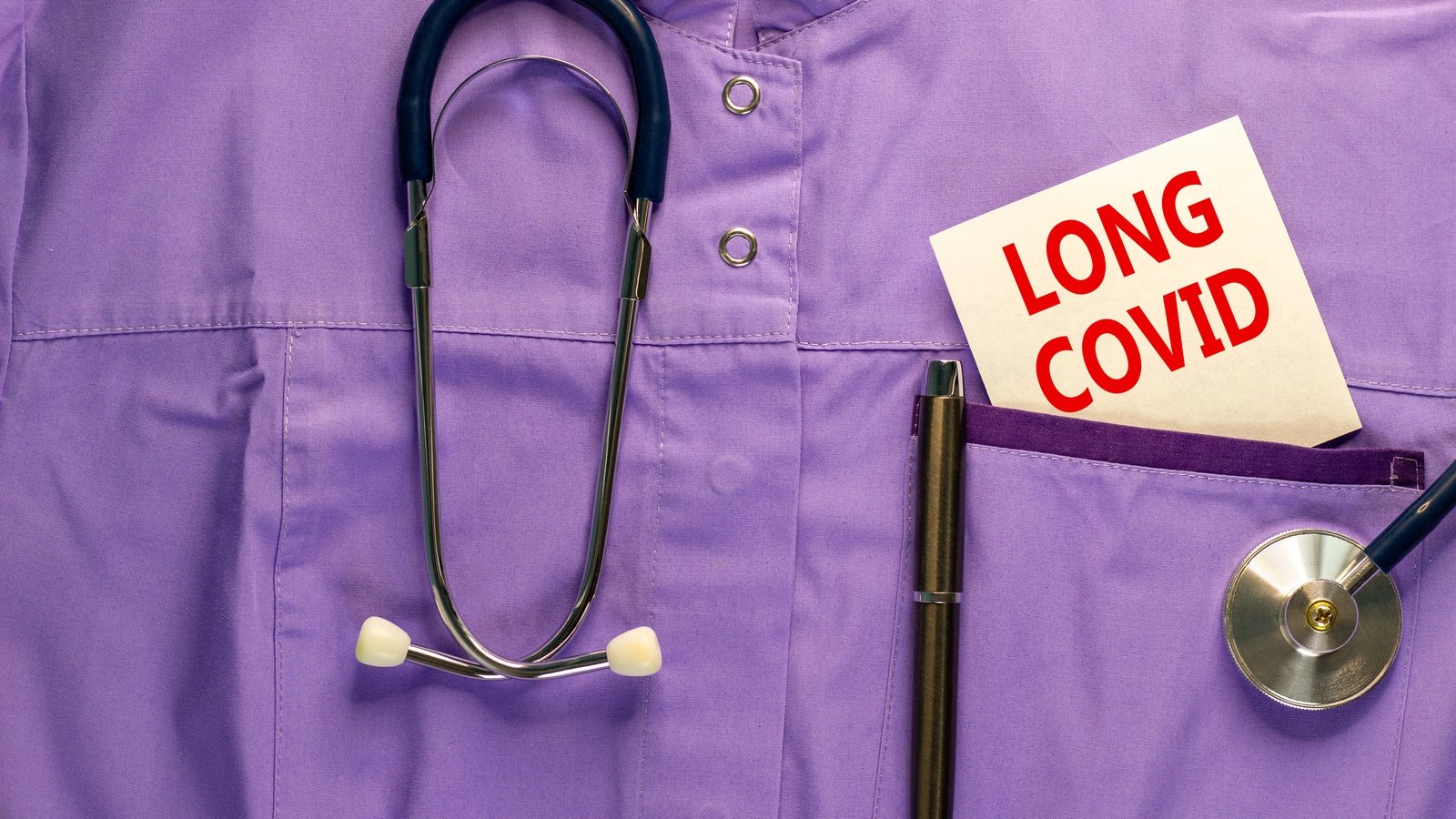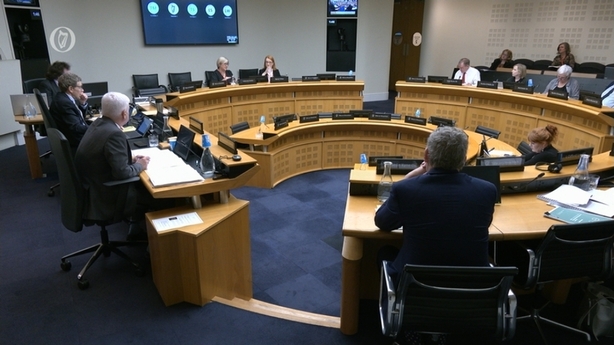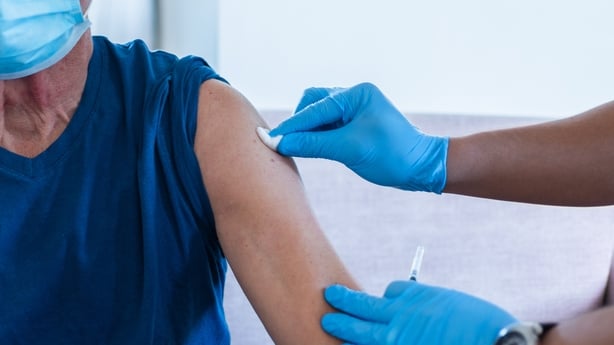What do we know about Long Covid?

In Ireland, there have been over 1.7 million confirmed cases of Covid-19 infection so far.
Long Covid is the continuation, or development of new symptoms, three months after the initial infection with Covid-19, that cannot be explained by alternative diagnoses.
The exact number of people in Ireland with Long Covid is unknown.
One estimate suggested by the campaign and support group, Long Covid Advocacy Ireland (LCAI), is around 350,000 people.
The HSE says exact numbers vary, ranging from 1.8% – 8.3% of people who got infected and from 15%-53% based on self-reported data.
Studies are under way to try and establish an accurate figure.
The problem with Long Covid is the dearth of data on the numbers, and doctors are not fully sure of what they are dealing with and the prognosis.
LCAI says there are many people who developed Long Covid following infection during the very first wave in 2020 and have had no recovery.
Devastated lives
Sarah O’Connell, co-founder of LCAI, told the Oireachtas Committee on Health this week that some people continue to worsen, and their lives are utterly devastated.
The organisation said that those affected feel neglected and dismissed by the health system.
Along with health issues, they face problems with employment, finances, limited clinic services, plus a lack of staff and GP and public awareness.
Campaigners want the Government to recognise Long Covid as a disability, to ensure patients have recourse to social welfare supports. Currently, it is difficult to gauge what impact the condition is having on the economy and what provision may need to be made to help those affected.
At this week’s Committee hearing, patients with Long Covid spoke about being ‘gaslighted’ on social media and elsewhere, with some contributors online suggesting it is not a real illness or that patients are faking it.

LCAI wants to see the establishment of a centre of excellence here, to pilot what a full health service should look like.
Then that service would be extended as best practice to other parts of the country.
The organisation pointed to significant services for Long Covid being provided in France and New Zealand as examples.
HSE Clinics
The HSE says it has responded to the issue and has in place eight Post-Acute Covid Clinics and six Long Covid Clincs across the country “with appropriate staffing supports”.
But as deputy Róisín Shortall, Health Spokesperson with the Social Democrats pointed out, some clinics open just a few hours a week and there are not enough staff.
She also said the lack of data on Long Covid here was frustrating and noted that “what gets measured, gets managed”.
The Long Covid clinics are in Beaumont, St James’s, St Vincent’s, Cork, Limerick and Galway – all university hospitals.
The Post-Acute Covid Clinics are in Cork, Galway, St James’s, the Mater, Limerick and Tallaght.
The HSE reports that for many, the referrals to the Post-Acute Covid Clinics, with symptoms originally attributed to Covid, are in fact explained by other specific respiratory diagnoses. The most common of these are asthma and obstructive sleep apnoea.
Campaigners would like Long Covid to be recognised as a Long-Term illness.
Doctors say Long Covid symptoms may change over time and affect any system in the body, but common symptoms include coughing, neuropsychological symptoms, shortness of breath and fatigue.
The HSE says that around 200 symptoms have been described as part of Long Covid, although the most common lingering symptoms are fatigue, shortness of breath, difficulties with memory and thinking, and joint and muscle pain.
Some patients who lost their sense of taste have not seen it return.
The main problem is that there appears to be limited evidence on how to treat Long Covid, and so for now a holistic approach is advised.
Some patients appear to be getting access to Low-Dose naltrexone. Preliminary findings in 2022 at the UCD School of Medicine by Professor Jack Lambert, consultant in infectious diseases, and infectious diseases specialist Dr Brendan O’Kelly, indicated that treatment with low-dose naltrexone may improve well-being and reduce symptoms with Long Covid (also known as Post Covid-19 Syndrome).
A UK study has suggested that people with Long Covid have signs of continuing inflammation in their blood, however a test is not yet available.

Not a single disease
Dr Brian Kent, consultant respiratory physician at St James’s Hospital, told the Health committee that Long Covid was a myriad of symptoms, challenging to define as a single disease and it is not clearly understood why people get it.
He emphasised that doctors were not casting aspersions on people with Long Covid, by tackling other conditions.
Frontline health staff and others were at great risk of contracting Covid particularly during the various waves here.
The latest figures show that the number of HSE staff with Long Covid is 120 wholetime equivalents.
The Temporary Special Scheme of Paid Leave for Healthcare Workers affected by Covid-19 was introduced in July 2022. It was due to cease at the end of March, having previously been extended twice. Health unions had referred the matter to the Workplace Relations Commission. But this week, the Government extended it for a further three months.
Campaigners now want a Long Covid education campaign for the public and health staff and want to see the proper services in place for children who are affected.
They also want to see it included in the Terms of Reference for the planned Covid-19 inquiry here.

Continuing Covid-19 infections
People are still getting infected with Covid-19 but in smaller numbers than before.
In the week to 13 April last, there were 189 confirmed Covid-19 cases, including one death reported.
Vaccination is seen as the best protection and yesterday the HSE launched its spring booster vaccination campaign.
It is aimed at people aged 80 or older, those aged five or older with a weak immune system and older people in residential care and people who are housebound.
In January Scientific American reported that several studies show that getting multiple Covid vaccinations provides strong protection against lingering symptoms.
The studies found that vaccination dramatically lowers the risk of Long Covid.
There is much more to learn about Long Covid and studies are under way internationally.
While it is very frustrating for those affected, it will take time to fully understand this serious health issue.




